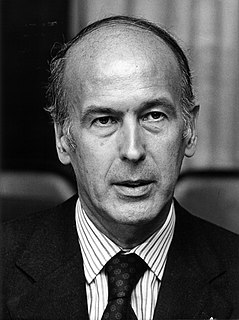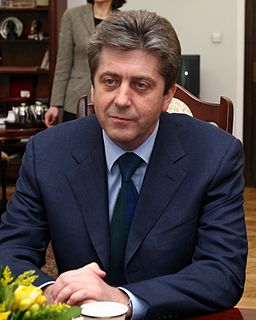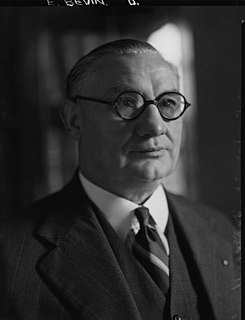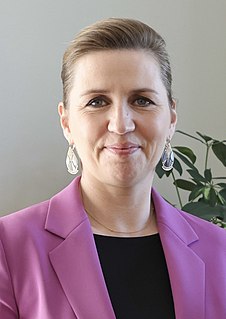A Quote by Klaus Schwab
Europe has never had a single or unified voice in world affairs: a common foreign policy. It has often appeared to be rudderless and unable to make quick decisions when faced with economic crises, presenting instead an image of division and hopelessness.
Related Quotes
Geoffrey's personal style was very different from mine. He has a lovely speaking voice, a quiet speaking voice. But at Cabinet we always reported on foreign affairs - we always had this quiet voice. It was so quiet sometimes I had to say 'speak up'. And he gave it in a way which wasn't exactly scintillating. And you know, foreign affairs are interesting. They affect everything that happened to our own way of life, and they are exciting. And so we just diverged.
The truth is that we have long had a multi-track Europe with very different objectives. The traditional differences between the north and the south in fiscal and economic policy are far less problematic than those that exist between Eastern and Western Europe. In the south and east, China is steadily gaining more influence, such that a few EU member states no longer dare to make decisions that run counter to Chinese interests. You see it everywhere: China is the only country in the world that has a real geopolitical strategy.



































